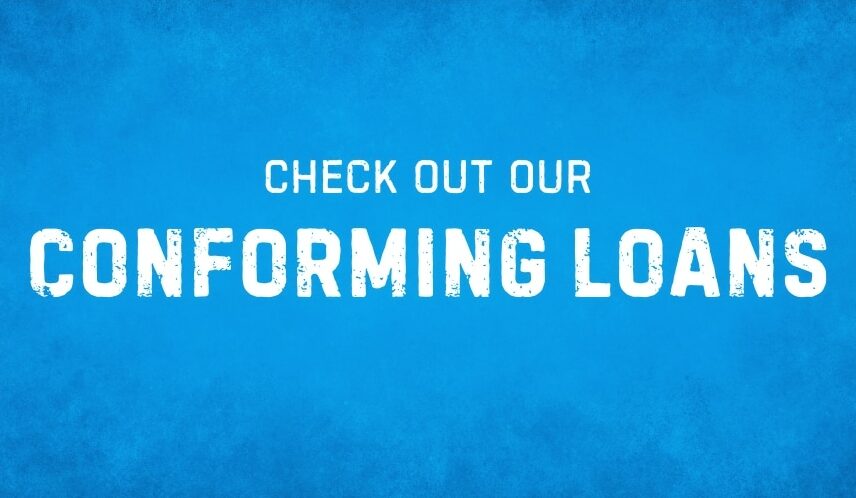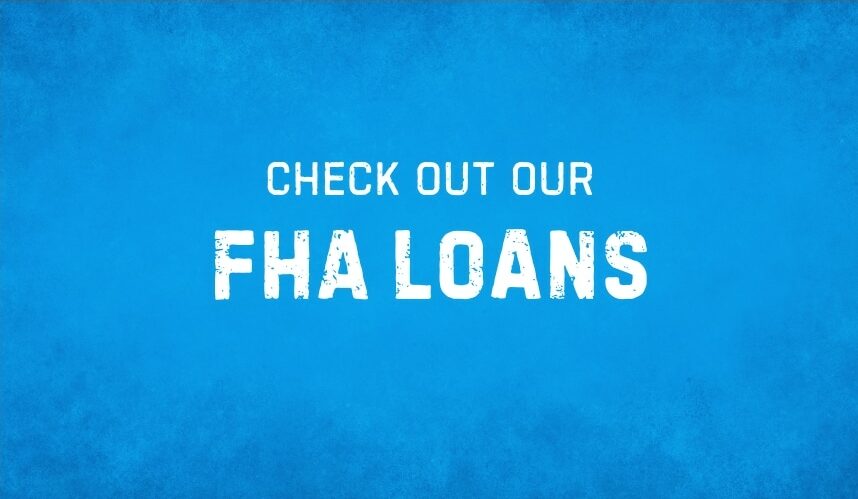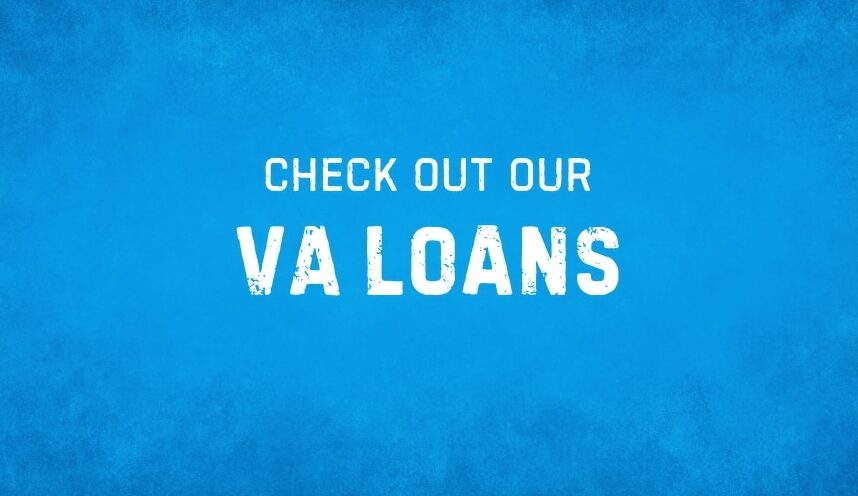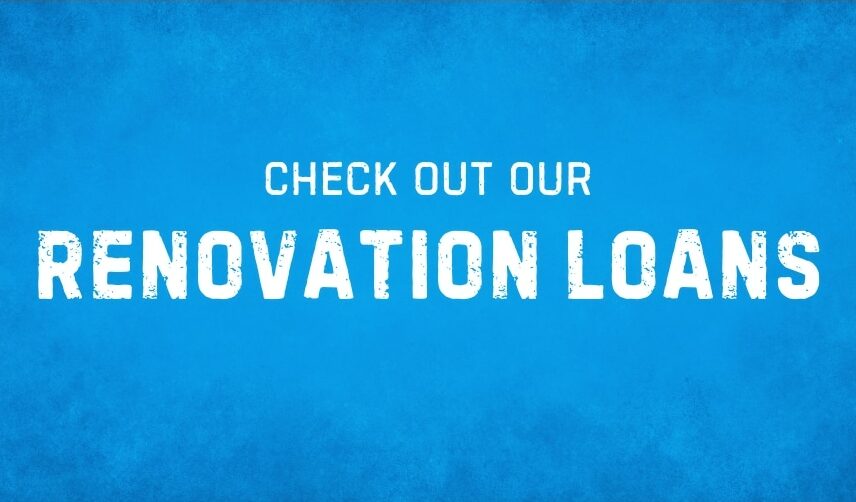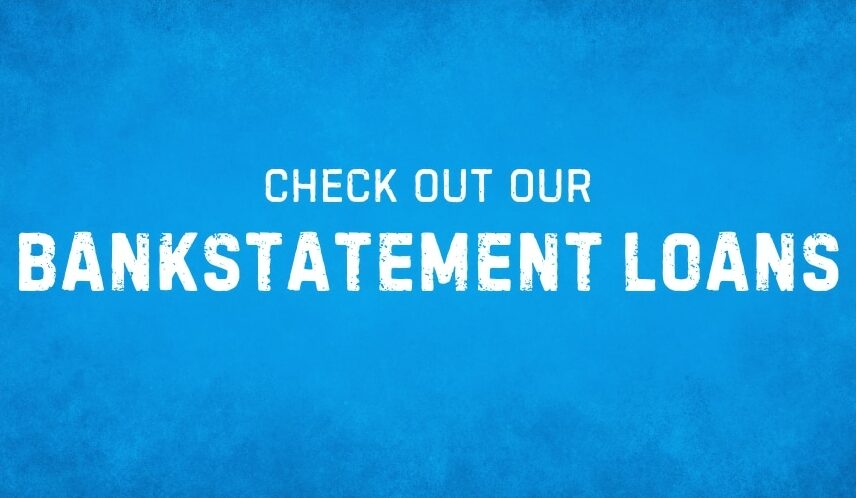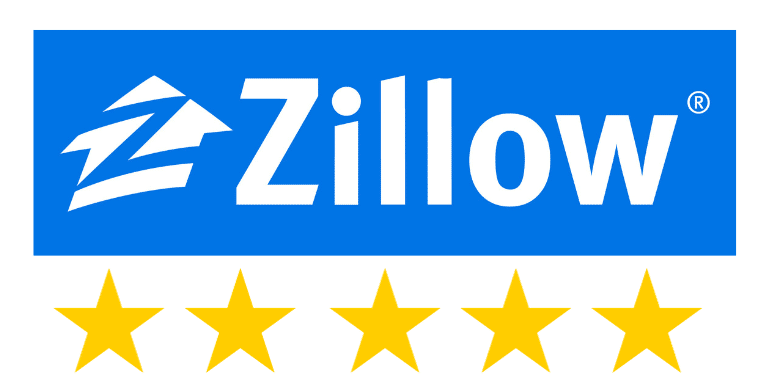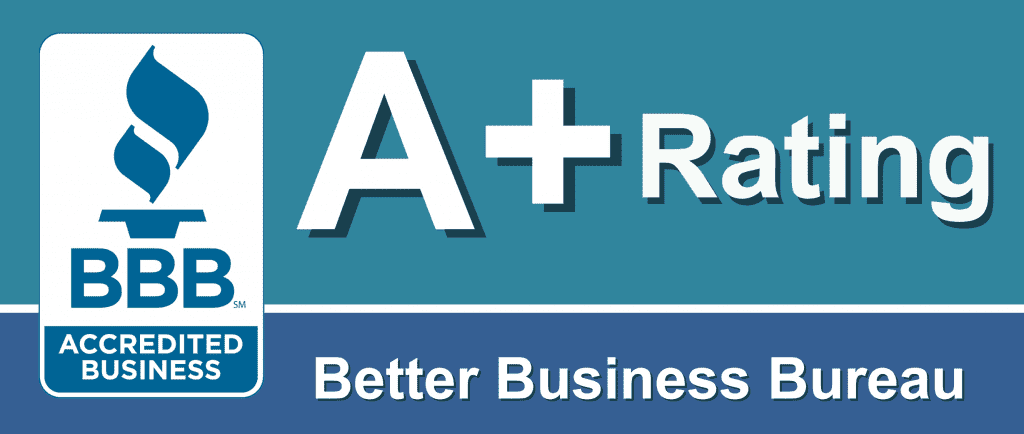
Determining A Home Purchase Budget
Figuring out your home purchase budget is a big part of the process. To determine that, you must have a clear picture of your income, debts, down payment, loan program, and what level of monthly mortgage payment you think you might be comfortable with.
Doing a little work now can pay big dividends, as a home purchase budget is an excellent tool for achieving long-term financial goals.
Breaking down your home purchase budget into a detailed list with these line items will help establish a clear goal of what you can afford.
Let affordability be your guide
Affordability is defined as;
able to be afforded: having a cost that is not too high.
Source
When setting up a home purchase budget, be conservative when deciding what “having a cost that is not too high” means. According to Housing and Urban Development, housing affordability is defined as paying no more than 30% of your income towards your total housing cost, including utilities.1
Most homebuyers do not follow this guideline for home affordability. In high-cost places like California, it’s unrealistic to think your total housing expense (for everything) will not be higher than 30% of your gross income.
Therefore, we have to fall back on defining “having a cost not too high,” which will be slightly different for each homeowner. My suggestion is this: if you don’t have an emergency fund, make sure your total housing costs are below 35% of your gross income. If that’s not realistic, then hold off on buying a home until you can build up an emergency fund. If you have a partial emergency fund, then keep your housing costs below 40% of your gross income.
Consider increasing your total housing costs if you have a fully funded emergency fund (provided you feel comfortable doing so).
Line items for your budget
Here are the line items you’ll need for your budget; each line item is a monthly expense you need to account for:
- Mortgage payment
- PMI or MI (if applicable)
- Property taxes
- Property assessments
- Property insurance
- HOA dues (if applicable)
- Home maintenance fund
Once you have all these inputs, you can determine how much house you can afford based on your monthly income.
This is exactly how you do it
Take your monthly income and time that amount by your affordability guide. That number is your baseline number for figuring out all the line items in your budget. For example;
If you earn $10,000 a month, and your affordability guide number is 40%, your total home purchase budget is $4,000. With this number, you’ll know exactly what you need to do to make sure your total housing cost is not more than $4,000.
Understanding the basics of a home purchase budget
Let’s get to the basics of a home purchase budget. Here, I’ll cover why a budget for homeownership is important, the key factors that will impact your home purchase budget, and how to use mortgage calculators effectively.
The Importance Of Budgeting For Homeownership
The reason it’s important to budget for homeownership is two-fold, build wealth and prevent disaster.
Mortgage Pro-Tip
When setting up your home purchase budget, add one more line item. That line item can be listed as “miscellaneous.” What is miscellaneous? It’s protection against errors within your budget. I suggest making the miscellaneous line item at two to four percent of your monthly home purchase budget.
Building Wealth With A Home Purchase Budget
Building wealth through a strategic home purchase budget is a fundamental step toward long-term financial success. Don’t view your home as just a place to live; it’s an investment that gains value over time. Establishing a realistic home purchase budget will ensure you make informed decisions on what you can and cannot afford.
Those informed decisions will go a long way to building wealth, and it all starts with a budget.
Preventing Financial Disaster With A Detailed Budget
Preventing disaster with a budget might seem a bit over the top, but it’s not. A budget can help you prevent financial disaster by ensuring you are clear on what your income is, what expenses you have, and how much you need to save. In addition to this, a budget will clearly show the amount of money you have left over each month.
A home purchase budget will keep your purchase price expectations in check, so you’ll spend your money wisely. Not having a budget can lead to overspending, which can stretch finances. In that situation, big problems can occur if you have a catastrophic event, like a job loss.
Key Factors That Will Impact Your Home Purchase Budget
Several key factors significantly influence your home purchase budget. Your income and assets are paramount, dictating the mortgage amount you can comfortably afford.
Your credit scores play a key role as well, as they will directly impact your mortgage interest rate and your ability to obtain approval from an underwriter.
Another factor that will impact your home purchase budget is your down payment. The amount of down payment you provide will directly impact the programs that are available to you, the interest rate you are paying, and your closing costs.
Using Mortgage A Calculator Effectively
Every mortgage website has a mortgage calculator. Using a mortgage calculator effectively is a key step in developing a home purchase budget. First off, the calculator needs to have all of the following inputs for it to be a useful mortgage calculator;
- Home Value
- Loan Amount
- Interest Rate
- Number of years the loan is based on
- Property Taxes
- Property Insurance
- Annual PMI
- HOA Dues (if applicable)
If your mortgage calculator has all of these inputs, you’re good to move forward. The key to using a mortgage calculator effectively is making sure you input a number for each available field.
House Rich, Cash Poor
Have you ever heard of the term house rich, or cash poor? It means you have a big, expensive house and no money in the bank. You want to avoid this at all costs. Being house rich and cash poor is risky and prevents you from doing what you want, like taking vacations.
Avoid Unnecessary Risk With Home Purchase Budget
When doing your home purchase budget, be cautious and don’t underestimate expenses for budget items.
Calculating your mortgage affordability
Calculating your mortgage affordability starts with the line item inputs you entered for your budget. Next, you’ll need a clear picture of your monthly earnings.
Determining Your Debt-To-Income Ratio
Calculating your debt-to-income ratio is fairly easy. Take your total monthly payments and divide that by your total monthly income. For example, if your total monthly payments are $2,000 and you make $4,000 per month, your debt-to-income ratio is 50% (2,000/4,000 = .50).2
Calculating Your Monthly Mortgage Payment
You’ll need a reliable mortgage calculator to calculate your monthly mortgage payment. As mentioned above, please make sure you use one with all the required fields and that your inputs are accurate.
How your down payment and credit score might change things
Your down payment will directly impact your cash on hand, the amount of money you borrow from the mortgage lender, and your monthly mortgage payment. I suggest running a few scenarios on a mortgage calculator to see how various down payment amounts change your loan amount and monthly payment.
Your credit score will also directly impact your mortgage rate3, closing costs, and your home purchase budget. The higher the credit score, the lower the interest rate, closing costs, and monthly payment.
Choose a loan program that fits your budget goals
Here are the five main loan programs used by homeowners.
Conforming Home Loans
Conforming home loans are known for their low rates and low down payment options. However, you’ll need above-average credit to see the full benefit of this loan program. Conforming home loan programs allow for a 3.00% down payment and are generally suitable for loan applicants with a 680 or higher credit score.
Conforming debt-to-income (DTI) ratio requirements allow for a 45% DTI; however, in some cases, it can go as high as 50%. Only go this high if you have a significant emergency fund and expect your income to increase.
FHA Home Loans
Are you a first-time homebuyer, and/or do you have a less-than-perfect credit score? Then, the FHA home loan program is a great option to consider. It has easy underwriting requirements and a low down payment option.
FHA home loans allow for a credit score of 580 or higher (although some lenders will not go this low). The FHA home loan debt-to-income ratio requirement is 43%; however, loan applicants can get an approval up to a 50% DTI.
Some loan applicants can even qualify for a no-down payment program (depending on eligibility).
VA Home Loans
If you are a veteran, then the VA home loan program is a program you should consider. Super low rates, easy underwriting guidelines, and a no down payment option make this a perfect home loan program for those who have served our country.
Unlike Conforming and FHA home loans, VA home loans are not closely tied to a debt-to-income ratio. They focus on residual income, and the program does not require a down payment.4
Jumbo Mortgage Loans
For homeowners in high-cost states like California, the Jumbo Mortgage Loan program is necessary to ensure home buyers have access to loan programs that will accept higher loan amounts.
The guidelines for Jumbo mortgages are restrictive. You’ll have to put down at least 10% (sometimes more), and your debt-to-income ratio will need to be below 42%; sometimes, the requirement is below 38%.
Bank Statement Mortgage Loans
The alternative program that is a good fit for self-employed people is the Bank Statement Mortgage loan program. You’ll need at least 20% down and be able to show twelve to twenty-four months of bank statements showing stable income being deposited regularly.
The debt-to-income ratio requirement will vary from lender to lender, but generally expect the requirement to be below 40%. There are instances in which it can go higher.
Bottom line on your home purchase budget
Buying a home can be exciting and frightening. Setting up a home purchase budget is your first step to buying a home. Your budget will help you build long-term wealth and be key to avoiding a financial disaster. Your budget efforts will result in you making informed decisions on what you can and can’t afford, and from there, you can begin your search for a new home.
Sources:
- HUD: Glossary of Terms to Affordable Housing
- CFPB: What is a debt-to-income ratio?
- CFPB: How does my credit score affect my ability to get a mortgage loan?
- Department of Veteran Affairs: Loan Origination Reference Guide

